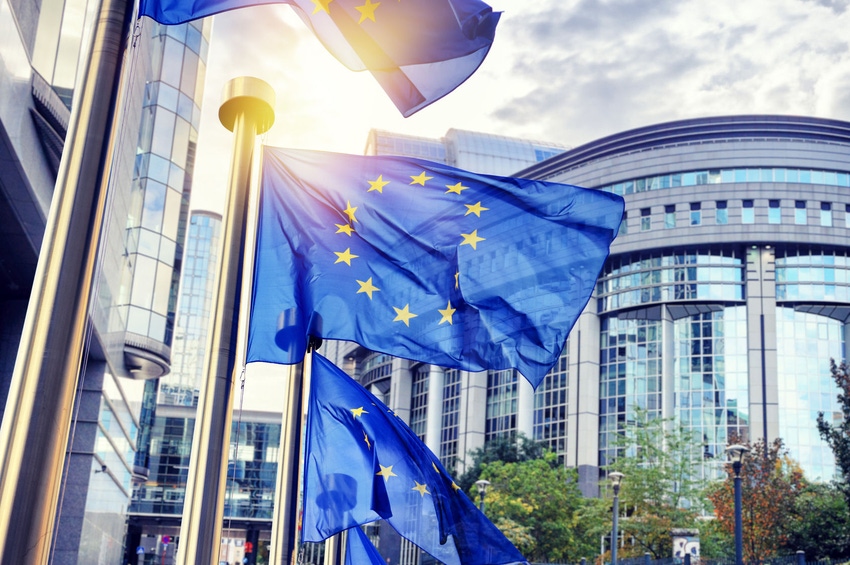The European Parliament has adopted a resolution calling for the European Commission to do something about China.
March 13, 2019

The European Parliament has adopted a resolution calling for the European Commission to do something about China.
The resolution cropped up as the Parliament was also adopting the EU Cybersecurity Act, which will create the first EU-wide cybersecurity certification scheme once is has finished its meandering journey though the EU’s byzantine bureaucracy. It seems to be some kind of ‘kite mark’ that will certify a piece of kit has met the EU’s cybersecurity standards, and seems to view 5G
“MEPs express deep concern about recent allegations that 5G equipment may have embedded backdoors that would allow Chinese manufacturers and authorities to have unauthorised access to private and personal data and telecommunications in the EU,” said the announcement.
“They are also concerned that third-country equipment vendors might present a security risk for the EU, due to the laws of their country of origin obliging all enterprises to cooperate with the state in safeguarding a very broad definition of national security also outside their own country. In particular, the Chinese state security laws have triggered reactions in various countries, ranging from security assessments to outright bans.”
This comes hot on the heels of reports that the US has been laying some serious pressure on Germany to play ball when it comes to China – i.e. ban Huawei from 5G. On top of all this the European Commission has also proposed ten further actions around the bloc’s ongoing relationship with China, which you can see below.
Action 1: The EU will strengthen the EU’s cooperation with China to meet common responsibilities across all three pillars of the United Nations, Human Rights, Peace and Security, and Development.
Action 2: In order to fight climate change more effectively, the EU calls on China to peak its emissions before 2030, in line with the goals of the Paris Agreement.
Action 3: The EU will deepen engagement on peace and security, building on the positive cooperation on the Joint Comprehensive Plan of Action for Iran.
Action 4: To preserve its interest in stability, sustainable economic development and good governance in partner countries, the EU will apply more robustly the existing bilateral agreements and financial instruments, and work with China to follow the same principles through the implementation of the EU Strategy on Connecting Europe and Asia.
Action 5: In order to achieve a more balanced and reciprocal economic relationship, the EU calls on China to deliver on existing joint EU-China commitments. This includes reforming the World Trade Organisation, in particular on subsidies and forced technology transfers, and concluding bilateral agreements on investment by 2020, on geographical indications swiftly, and on aviation safety in the coming weeks.
Action 6: To promote reciprocity and open up procurement opportunities in China, the European Parliament and the Council should adopt the International Procurement Instrument before the end of 2019.
Action 7: To ensure that not only price but also high levels of labour and environmental standards are taken into account, the Commission will publish guidance by mid-2019 on the participation of foreign bidders and goods in the EU procurement market. The Commission, together with Member States, will conduct an overview of the implementation of the current framework to identify gaps before the end of 2019.
Action 8: To fully address the distortive effects of foreign state ownership and state financing in the internal market, the Commission will identify before the end of 2019 how to fill existing gaps in EU law.
Action 9: To safeguard against potential serious security implications for critical digital infrastructure, a common EU approach to the security of 5G networks is needed. To kickstart this, the European Commission will issue a Recommendation following the European Council.
Action 10: To detect and raise awareness of security risks posed by foreign investment in critical assets, technologies and infrastructure, Member States should ensure the swift, full and effective implementation of the Regulation on screening of foreign direct investment.
About the Author(s)
You May Also Like








.png?width=300&auto=webp&quality=80&disable=upscale)


_1.jpg?width=300&auto=webp&quality=80&disable=upscale)


.png?width=800&auto=webp&quality=80&disable=upscale)